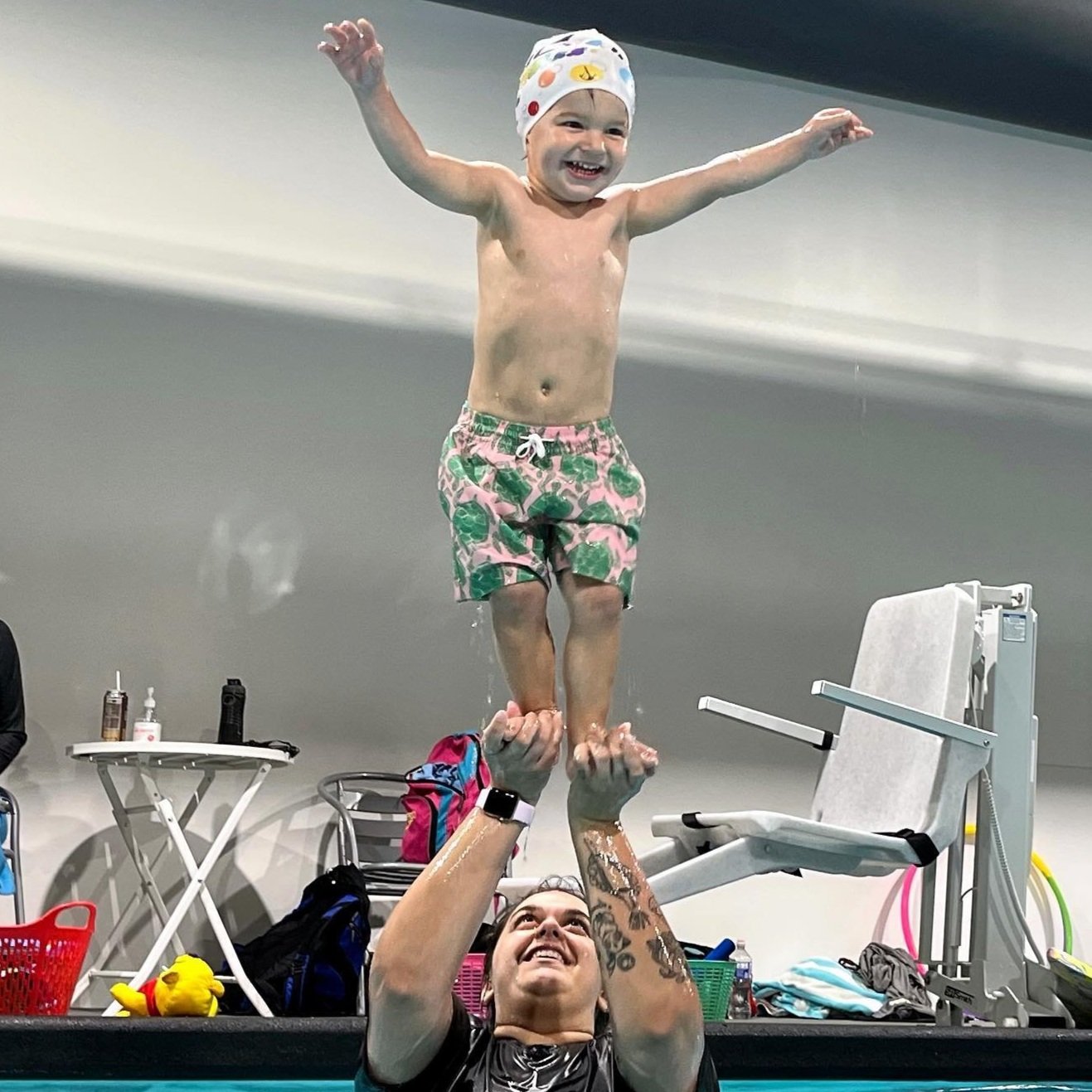Why Children Cry During Their First Swim Lessons: The Benefits of Coach-Child Bonding
The sound of a child crying during their first few swim lessons is not uncommon. It's a natural reaction to an unfamiliar environment and the sensation of being in the water. While it may tug at a parent's heartstrings, it's essential to understand that this initial reaction is often a part of the learning process. In fact, it can be incredibly beneficial for a child's swimming journey if the parent allows the coach to work with the child independently.
1. Embracing the New Environment
Swimming pools can be intimidating for children, especially if they have never been in one before. The initial shock of being in a new and watery environment can trigger tears and fear. However, this discomfort tends to subside with time and repeated exposure. Coaches are trained to create a safe and nurturing atmosphere, helping children gradually adjust to the water and build confidence.
2. Building Trust with the Coach
One of the most significant advantages of allowing the coach to work with your child independently is the establishment of a strong coach-child bond. This trust is crucial for effective teaching and learning. When parents step back, it allows children to rely on the coach for support and guidance, fostering a unique connection.
3. Eliminating Distractions
Children often look to their parents for comfort and reassurance. When parents are present, children may become distracted or seek constant attention. By giving the coach space to connect with the child, it enables a focused and productive learning environment. This also allows coaches to tailor their teaching methods to the child's specific needs without interference.
4. Encouraging Independence
Swim lessons are not only about learning to swim but also about nurturing independence and self-confidence. When children have the opportunity to work with a coach on their own, they are encouraged to develop their swimming skills and make decisions in a supportive and controlled environment.
5. Enhancing Learning Outcomes
Ultimately, the goal of swim lessons is to help children become skilled and confident swimmers. Allowing the coach to work with your child independently can lead to more effective learning. Coaches can focus on individual needs, assess progress, and adjust the teaching approach as necessary, all of which contribute to better learning outcomes.
In Conclusion
While it can be difficult to see your child cry during their first swim lessons, it's essential to recognize that this is a common reaction to a new and unfamiliar experience. Trusting the coach and allowing them to work with your child independently can lead to a more positive and productive learning journey. Over time, as your child builds confidence and trust in their coach, those initial tears are likely to transform into smiles of accomplishment as they become confident swimmers.




